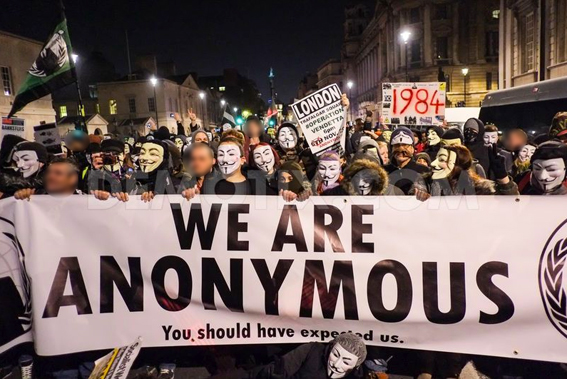SMILE at us, pay us, pass us; but
do not quite forget.
For we
are the people of England, that never have spoken yet.
There is
many a fat farmer that drinks less cheerfully,
There is
many a free French peasant who is richer and sadder than we.
There are
no folk in the whole world so helpless or so wise.
There is
hunger in our bellies, there is laughter in our eyes;
You laugh
at us and love us, both mugs and eyes are wet:
Only you
do not know us. For we have not spoken yet.
The fine
French kings came over in a flutter of flags and dames.
We liked
their smiles and battles, but we never could say their names.
The blood
ran red to Bosworth and the high French lords went down;
There was
naught but a naked people under a naked crown.
And the
eyes of the King's Servants turned terribly every way,
And the
gold of the King's Servants rose higher every day.
They
burnt the homes of the shaven men, that had been quaint and kind.
Till
there was not bed in a monk's house, nor food that man could find.
The inns
of God where no main paid, that were the wall of the weak,
The
King's Servants ate them all. And still we did not speak.
And the
face of the King's Servants grew greater than the King:
He
tricked them, and they trapped him, and stood round him in a ring.
The new
grave lords closed round him, that had eaten the abbey's fruits,
And the
men of the new religion, with their bibles in their boots,
We saw
their shoulders moving, to menace or discuss,
And some
were pure and some were vile, but none took heed of us.
We saw
the King as they killed him, and his face was proud and pale;
And a few
men talked of freedom, while England talked of ale.
A war
that we understood not came over the world and woke
Americans,
Frenchmen, Irish; but we knew not the things they spoke.
They
talked about rights and nature and peace and the people's reign:
And the
squires, our masters, bade us fight; and never scorned us again.
Weak if
we be for ever, could none condemn us then;
Men
called us serfs and drudges; men knew that were were men.
In foam
and flame at Trafalgar, on Albeura plains,
We did
and died like lions, to keep ouselves in chains.
We lay in
living ruins; firing and fearing not
The
strange face of the Frenchman who know for what they fought,
And the
man who seemed to be more than man we strained against and broke;
And we
broke our own right with him. And still we never spoke.
Our patch
of glory ended; we never heard guns again.
But the
squire seemed struck in the saddle; he was foolish, as if in pain.
He leaned
on a staggering lawyer, he clutched a cringing Jew,
He was
stricken; it may be, after all, he was stricken at Waterloo.
Or
perhaps the shades of the shaven men, whose spoil is in his house,
Come back
in shining shapes at last to spil his last carouse:
We only
know the last sad squires ride slowly towards the sea,
And a new
people takes the land: and still it is not we.
They have given us into
the hand of new unhappy lords,
Lords without anger or honour, who dare not carry
their swords.
They fight by shuffling papers; they have bright
dead alien eyes;
They look at our labour and laughter as a tired man
looks at flies.
And the load of their loveless pity is worse than
the ancient wrongs,
Their doors are shut in the evening; and they know
no songs.
We hear men speaking for us of new laws strong and
sweet,
Yet is there no man speaketh as we speak in the
street.
It may be we shall rise the last as Frenchmen rose
the first,
Our wrath come after Russia’s wrath and our wrath be
the worst.
It may be we are meant to mark with our riot and our
rest
God’s scorn for all men governing. It may be beer is
best.
But we are the people of England; and we have not
spoken yet.
Smile at us, pay us, pass us. But do not quite
forget.
Chesterton,
Gilbert K.



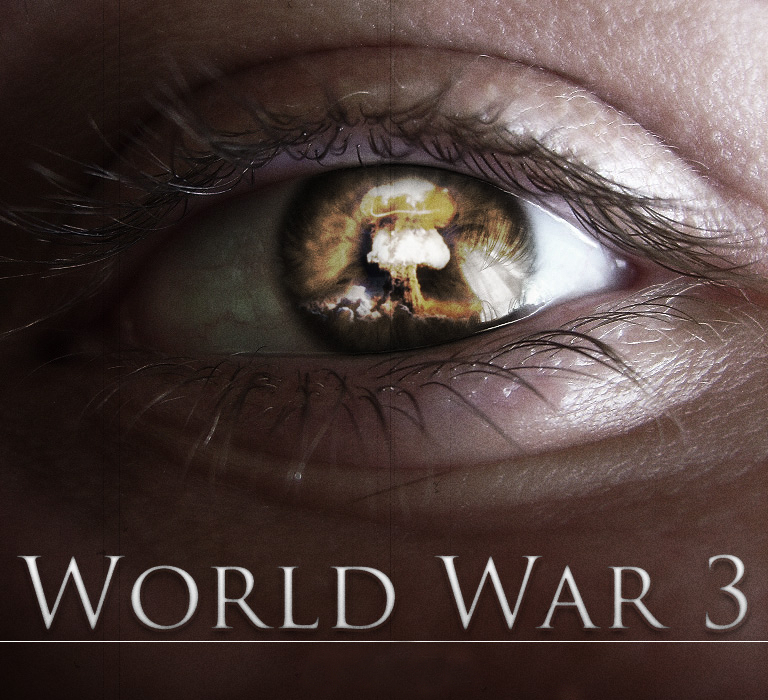 As has been expected since President Putin on 17 May ordered Russian military forces to “immediately move” from Local War to Regional War operational status and to be “fully prepared” to
expand to Large-Scale War should either the US or EU enter into the
Syrian Civil War, the Ministry of Foreign Affairs (MFA) is reporting
today that thousands of Russian troops have been deployed in “full war mode” and that Israel is now a “major likely target” too.
As has been expected since President Putin on 17 May ordered Russian military forces to “immediately move” from Local War to Regional War operational status and to be “fully prepared” to
expand to Large-Scale War should either the US or EU enter into the
Syrian Civil War, the Ministry of Foreign Affairs (MFA) is reporting
today that thousands of Russian troops have been deployed in “full war mode” and that Israel is now a “major likely target” too.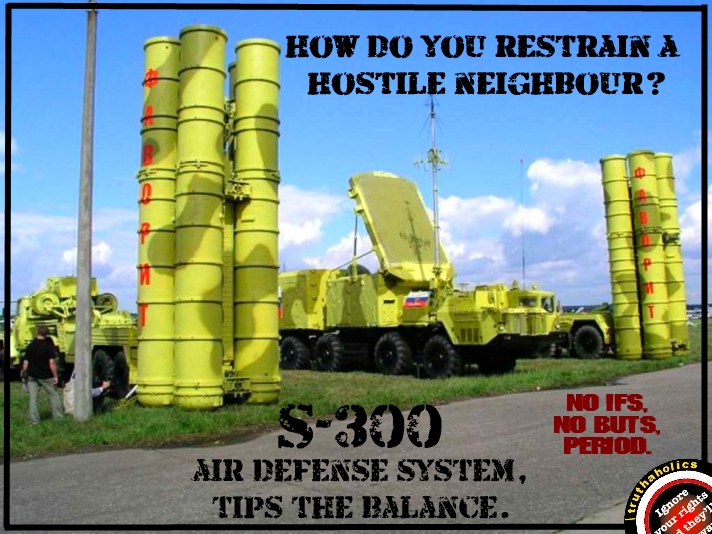
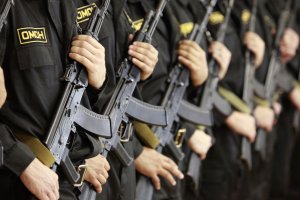
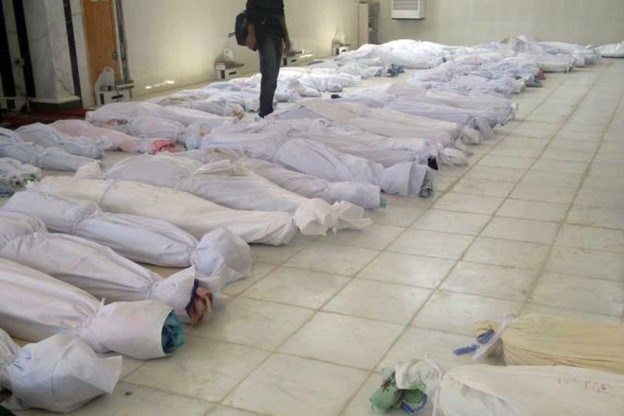
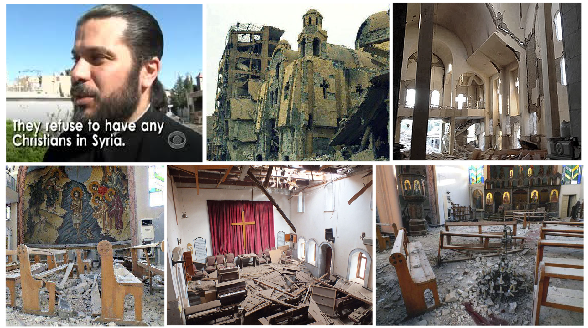



 l
l